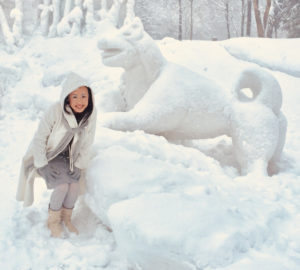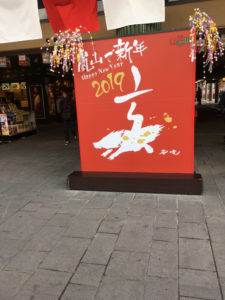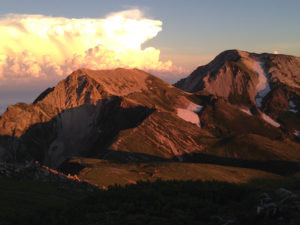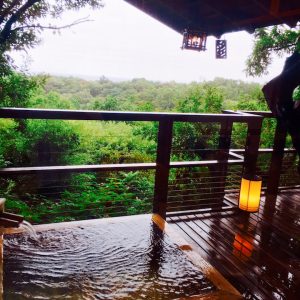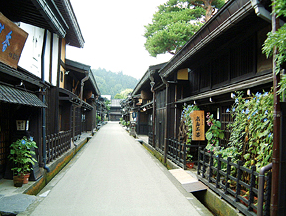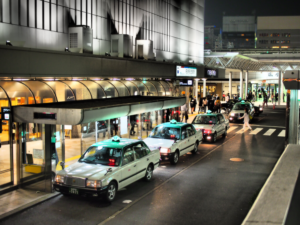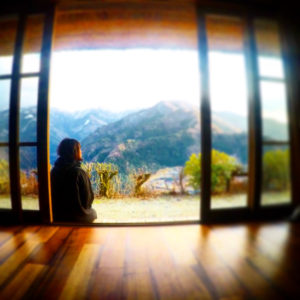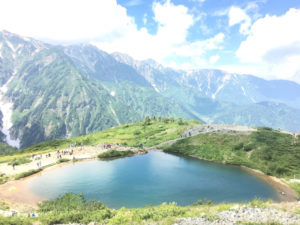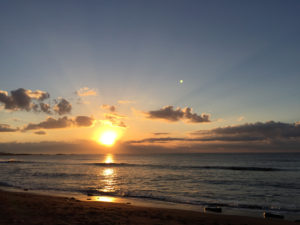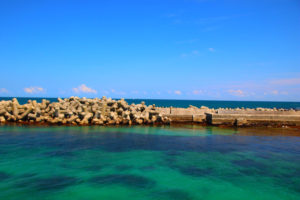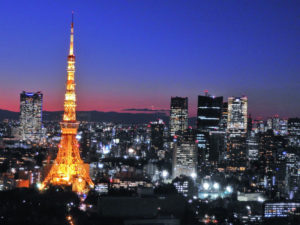
JLL-Japan (JLL is an American professional services and investment management company specializing in real estate) recently held the conference in Tokyo with 400 participants from 250 companies.
JLL reported very bullish news about Tokyo market as follows:
“Tokyo overtook London as the world’s busiest real estate market in the first quarter of 2018, with mega-deals and an unusually positive economic outlook driving demand.
Investment volumes in the Japanese capital more than doubled to US$9.1 billion in the three months to March (2017: US$4.3 billion), just beating New York (US$9 billion) and way ahead of third-placed London (US$5.9 billion).
Global deal volumes rose 15 percent to US$165 billion, making the start of 2018 the biggest quarter for commercial real estate deals since 2007. Asia Pacific transactions rose 34 percent to US$40 billion.”
Tokyo will continue to see the many office construction sites till 2020 and it would make the rental growth slow but the rents have been steady and are still rising.
According to a report by the prominent Japanese real estate consulting firm ‘Sanki shoji’, the vacancy rate of offices in upscale locations in Tokyo as of September 2018 stands at only 2.33 percent (down 0.12 percent from the previous month) and the rents have been steadily rising in last twelve months.
Read more

